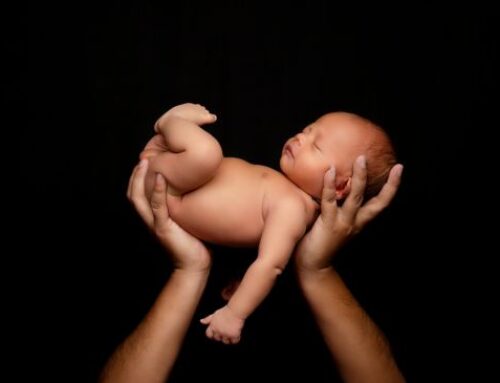Two labour tribunal have recently ruled against pro-life union members who sought exemption from paying their dues. The pro-lifers object to their union dues being used to promote abortion-on-demand. Bernard Riordan of Whitby, Ontario, is an employee of Revenue Canada and is represented by Public Service Alliance of Canada. Paul Tremblay, a teacher at Georgian College in Barrie, is a member of the Ontario Public Service Employees Union. Both men are active Catholics and applied to be exempt from their union dues on the basis that it offended their religious beliefs to have portion of their dues used to promote pro-abortion policies.
Mr. Trembaly’s application was brought before the Ontario Labour Relations Board. Tremblay was seeking an exemption under the Colleges Collective Bargaining Act which allows an employee to be exempted from paying dues where the Board is satisfied that “because of his religious conviction of belief (he) objects to paying his dues.” Trembaly’s union OPSEU , is part of the Ontario Federation of Labour and a portion of his dues are turned over to the OFL. The Federation has adopted various pro-abortion resolutions in 1984 voted to give some $3,000 to the Ontario Coalition for Abortion Clinics. The Board turned down Mr. Tremblay’s application on the grounds that OPSEU does not have a controlling power in the OFL and that it had not taken a position on the issues approved at the OFL meetings in question.
Mr. Riordan’s application was brought before the Public Service Staff Relations Board. As a federal civil servant, Riordan falls under different legislation and based his application on the Charter of Rights. Riordan’s union is part of the Canadian Labor Congress and pays fees to it. Like the OFL, the CLC has passes resolution supporting abortion on demand – including legalizing Morgentaler-style abortuaries. Riordan’s lawyer argued that compelling Riordan to pay union dues, if those dues are used to promote pro-abortion policies, is a contravention of his right of freedom of religion guaranteed under the Charter of Rights. The Board rejected this argument stating that the Charter is a guarantee of freedom from government interference with one’s rights. The Charter does not apply on this case, according to the Board’s deputy Chairman, Walter Nisbet, because “There is no government compulsion payments of membership dues and the bargaining agent’s (i.e. the union’s) use of those monies.”
The board went on to state that the Catholic Church’s support of unions in the Papal Encyclical of 1981 took precedence over the individual’s opposition to abortion.




